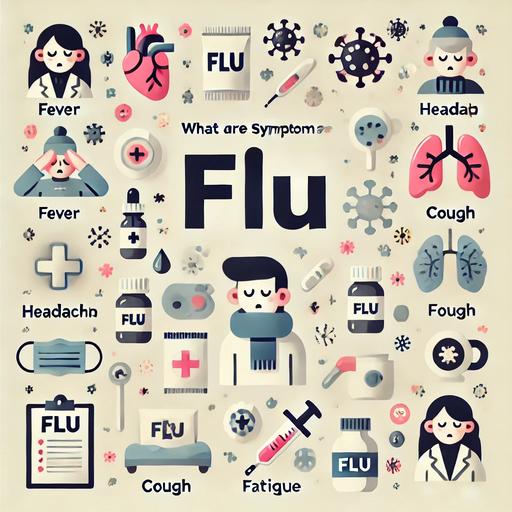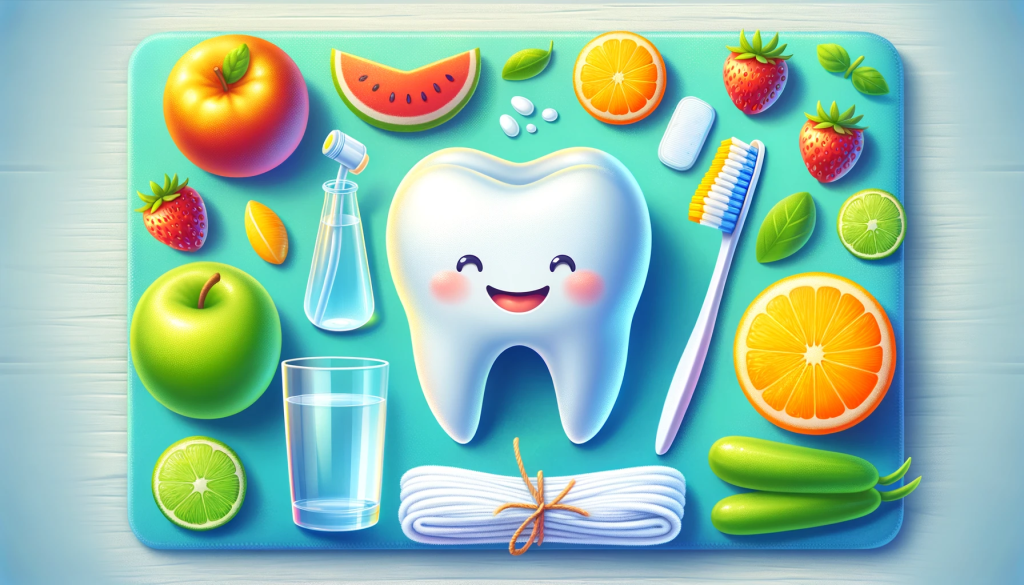
As a Health Professional, I have seen personally how tooth decay affects patients’ oral health and overall well-being. Tooth decay is a frequent dental issue, but it is also one of the most preventable. In this comprehensive guide, I’ll reveal the best ways to prevent tooth decay, answer frequently asked questions, and offer natural solutions to help you keep a healthy, cavity-free smile.
Understanding Tooth Decay
What Causes Cavities?
Cavities, also known as dental caries, are caused by acid production from bacterial plaque, which erodes tooth enamel. Here are the main causes:
- Plaque Buildup: Plaque is a sticky coating of germs that accumulates on the teeth. When you eat sugary or starchy meals, the bacteria in plaque release acids that destroy your tooth enamel.
- Poor Oral Hygiene: Inadequate brushing and flossing causes plaque to build up and harden into tartar, which can lead to cavities.
- Diet: Consuming sugary and acidic meals and beverages can raise the risk of tooth decay.
- Dry Mouth: Saliva helps to wipe away food particles and neutralize acids. A lack of saliva can raise the risk of cavities.
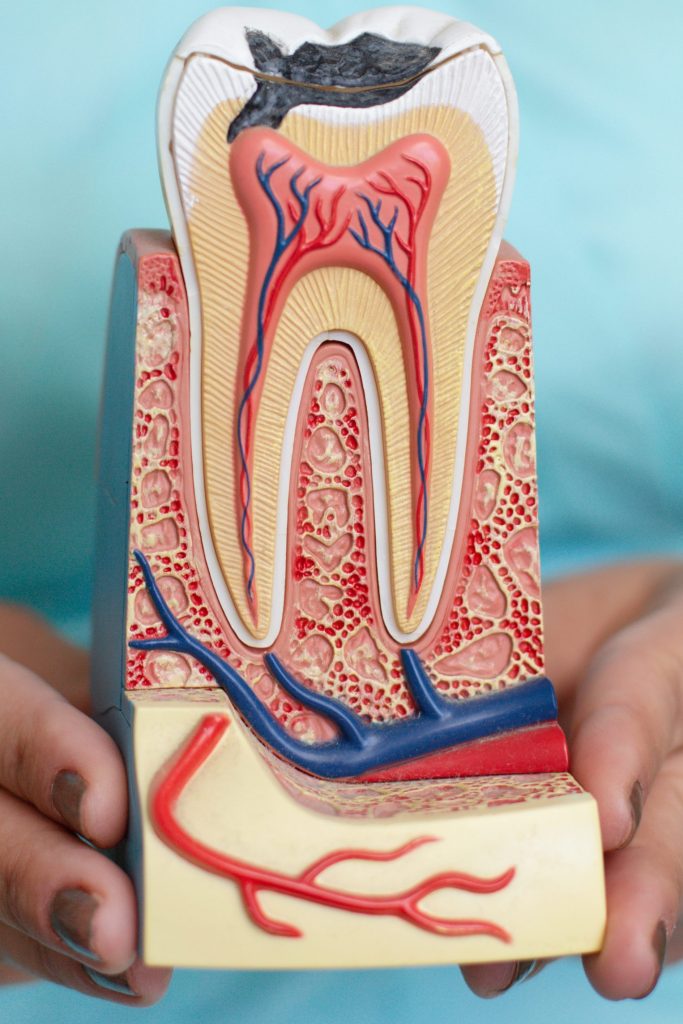
How to Prevent Tooth Decay
- Maintain Good Oral Hygiene
- Brushing: Brush your teeth at least twice every day using fluoride toothpaste. Replace your toothbrush every three to four months with one that has soft bristles.
- Technique: Hold your toothbrush at a 45-degree angle to your gums and clean all surfaces of your teeth with gentle, circular strokes.
- Duration: Brush for a minimum of two minutes each time.
- Flossing: Floss every day to eliminate plaque and food particles between teeth where your toothbrush cannot reach.
- Technique: Wind roughly 18 inches of floss around your middle fingers. Slide it gently between your teeth, then bend it around each tooth, sliding it up and down.
- Mouthwash: Antibacterial mouthwash can help decrease plaque and destroy bacteria that cause bad breath and gum disease.
- Eat a Tooth-Friendly Diet
- Limit Sugary and Acidic Foods: Reduce your consumption of sugary foods, candies, sodas, and fruit juice. These foods and drinks can raise acid levels and damage tooth enamel.
- Eat Tooth-Healthy Foods: Include foods that support dental health in your diet, such as:
- Dairy Products: Cheese, milk, and yogurt include calcium and phosphates, which help to build teeth.
- Leafy Greens: Spinach, kale, and other greens are abundant in calcium and other elements that promote oral health.
- Crunchy Fruits and Vegetables: Apples, carrots, and celery aid to stimulate saliva production and clean teeth.
- Stay Hydrated: Drink enough water throughout the day to keep your mouth moist and help wash away food and bacteria.
- Use Fluoride Products
- Fluoride Toothpaste: Brushing with fluoride toothpaste strengthens tooth enamel and prevents cavities.
- Fluoride Mouthwash: Rinse with a fluoride mouthwash to help prevent tooth decay.
- Fluoride Treatments: Consult your dentist about professional fluoride treatments, which can deliver a higher concentration of fluoride to help protect your teeth.
- Regular Dental Visits
- Professional Cleanings: Every six months, see your dentist for a professional cleaning and check-up. Dental cleanings can remove tartar accumulation that brushing and flossing alone cannot.
- Dental Examinations: Regular dental screenings can detect early signs of tooth decay and other oral health problems. Early detection enables quick treatment and avoids more serious complications.
- Protect Your Teeth
- Dental Sealants: Dental sealants are thin protective coatings placed on the chewing surfaces of rear teeth (molars). They can keep food and bacteria out, which helps to avoid cavities.
- Mouthguards: If you play sports or grind your teeth at night, a mouthguard can help protect your teeth from injury.

Natural Ways to Prevent Tooth Decay
- Oil Pulling: Swishing oil (such as coconut oil) in your mouth for 10-20 minutes can assist in reducing bacteria and improve oral health.
- Clove Oil: Clove oil contains natural antimicrobial properties. Applying a tiny amount to your teeth and gums can help prevent tooth decay and provide pain relief.
- Green Tea: Drinking unsweetened green tea can help reduce germs and plaque formation in the mouth.
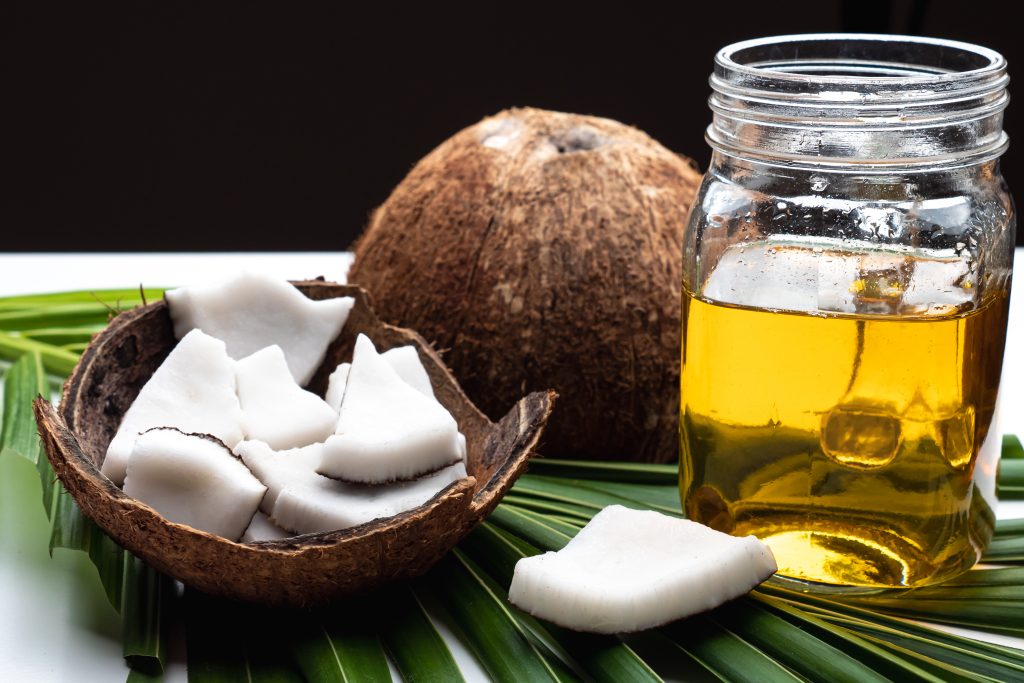
Addressing Common Questions About Cavities
How Can We Prevent Tooth Decay?
Preventing tooth decay requires a combination of proper oral hygiene, a nutritious diet, regular dentist checkups, and the use of fluoride products. By following the advice provided above, you can dramatically lower your chances of acquiring cavities.
In addition to practicing good dental hygiene and eating a tooth-friendly diet, using fluoride products and seeing your dentist regularly are important measures in preventing tooth decay.
What Causes Cavities?
Cavities are generated by acid production from bacterial plaque, which breaks down tooth enamel. Poor dental hygiene, a sugary and acidic diet, and dry mouth can all raise your chance of developing cavities.
How to Get Rid of Cavities?
Once a cavity has been created, it is irreversible. Fluoride treatments, dental sealants, and improved oral hygiene practices can all help to remineralize early-stage tooth decay, for more advanced cavities, dental fillings, crowns, or root canals may be required.
What Does a Cavity Look Like?
Cavities typically begin as tiny white patches on the tooth enamel. As they advance, they might turn brown or black, forming obvious holes or pits in the teeth. Regular dental examinations are vital for recognizing cavities early.
Can Clove Prevent Tooth Decay?
Clove oil contains antibacterial qualities that can assist in reducing bacteria in the mouth and prevent infections. While it may not prevent cavities on its own, it can be a useful supplement to your oral care regimen.
How to Prevent Tooth Decay From Worsening
If you feel you have a cavity, seek dental care right away. In the meantime, practice good oral hygiene, avoid sugary and acidic foods, and use fluoride treatments to prevent additional decay.
Which Foods Prevent Tooth Decay?
Dairy products, leafy greens, crunchy fruits and vegetables, nuts, and whole grains are all good sources of tooth decay prevention. These foods contain critical nutrients for good teeth and promote saliva production.
Which Vitamins Prevent Tooth Decay?
The following vitamins and minerals promote tooth health:
- Calcium: Strengthens dental enamel and bones.
- Vitamin D: Helps the body absorb calcium and phosphorus.
- Phosphorus: Works with calcium to strengthen teeth.
- Vitamin C: Improves gum health and prevents gum disease.
Why Prevent Tooth Decay?
Preventing tooth decay is critical for good overall health. Untreated cavities can cause discomfort, infection, and even tooth loss. Furthermore, poor oral health has been linked to illnesses such as heart disease and diabetes.
Why Does Fluoride Prevent Tooth Decay?
Fluoride reduces tooth decay by strengthening tooth enamel and making it more resistant to acid assaults from plaque bacteria and carbohydrates in the mouth. Regular fluoride use can dramatically lower the risk of cavities.
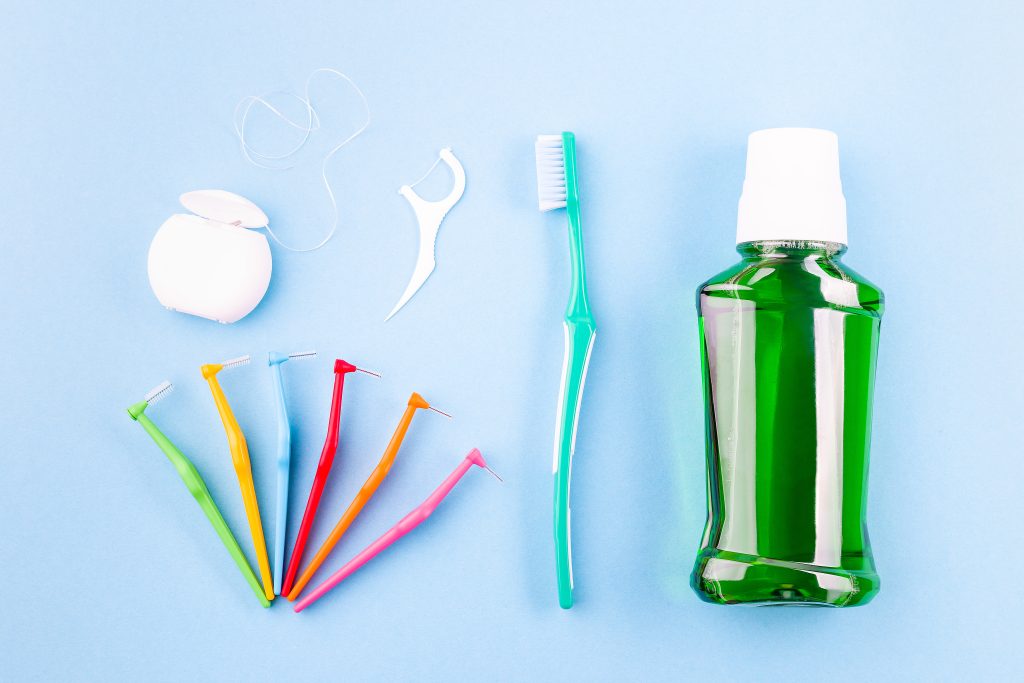
Conclusion
Tooth decay is a preventable disorder that necessitates a proactive approach to oral hygiene. Following the ideas and recommendations in this article can help you protect your teeth against cavities and keep a healthy, beautiful smile. As a dentist, I recommend that you prioritize your dental health and seek frequent professional care to avoid tooth decay and other oral health problems. Remember, a healthy grin equals a happy smile!


